As Delhi rain death toll climbs to 20, mayor busy with another meat ban
Delhi continues to reel under heavy rains, but the BJP-led administration seems more concerned about meat sales during festivals
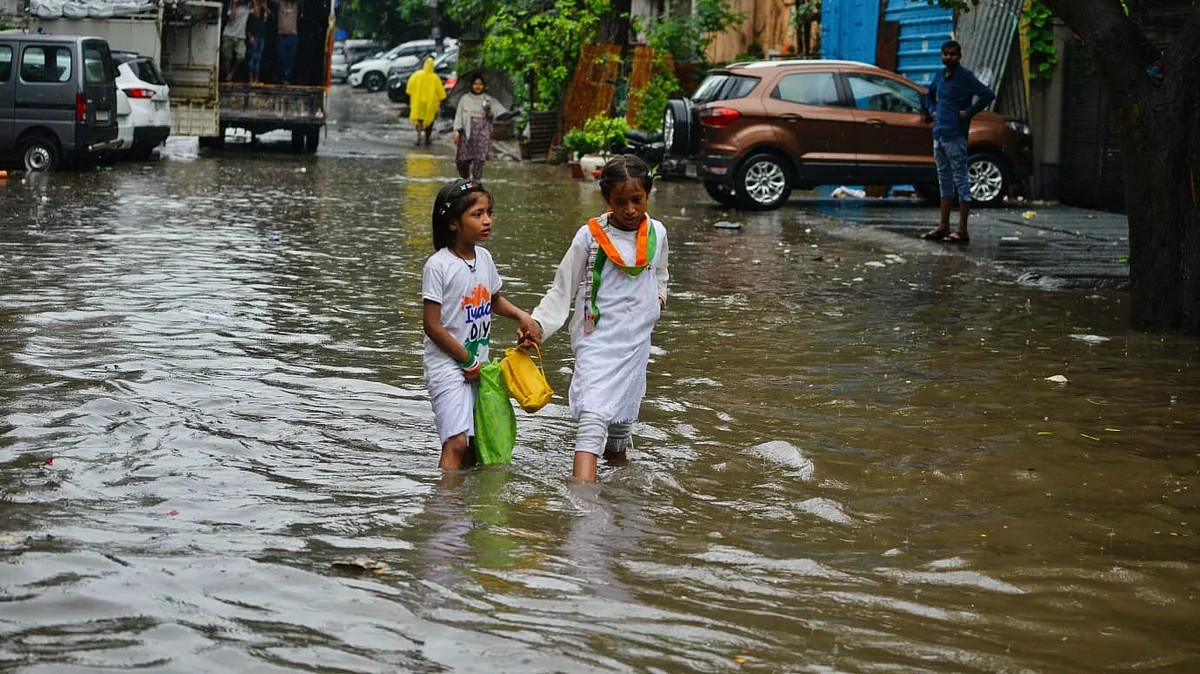
Rain toll reaches 20 in Delhi — AAP accuses BJP-led government of failing to prepare for the monsoon, demands PWD Minister’s resignation
Mayor urges meat shop closures for Janmashtami and Jain festivals, citing respect for religious sentiments
Public outrage grows over the government’s focus on meat bans while fatal rain-related incidents mount
While large parts of Delhi continue to reel under heavy rains that have claimed 20 lives so far, the city’s BJP-led administration appears more concerned about regulating meat sales than addressing the deadly monsoon crisis.
On Thursday, Delhi mayor Raja Iqbal Singh appealed to meat shop owners to keep their establishments shut during Janmashtami and upcoming Jain festivals. Speaking to PTI, Singh couched his appeal in the language of “respecting religious sentiments” and “celebrating festivals in harmony.” However, the subtext was less a gentle nudge and more a thinly veiled warning: “Those violating norms will face strict action,” he declared, making it clear that this was no mere suggestion for voluntary observance.
The mayor said shops with valid licences could technically remain open, but suggested they avoid doing so during the festival period. “If not, please cover the shops and keep them clean so that people will not see or smell anything,” he added. Apparently, the sight or whiff of mutton could topple communal harmony
Janmashtami, which celebrates the birth of Lord Krishna, falls on Saturday this year. The call for closures comes amid an ongoing debate over meat bans during religious occasions, with critics questioning why public morality is being policed when the city’s infrastructure is collapsing under monsoon rains.
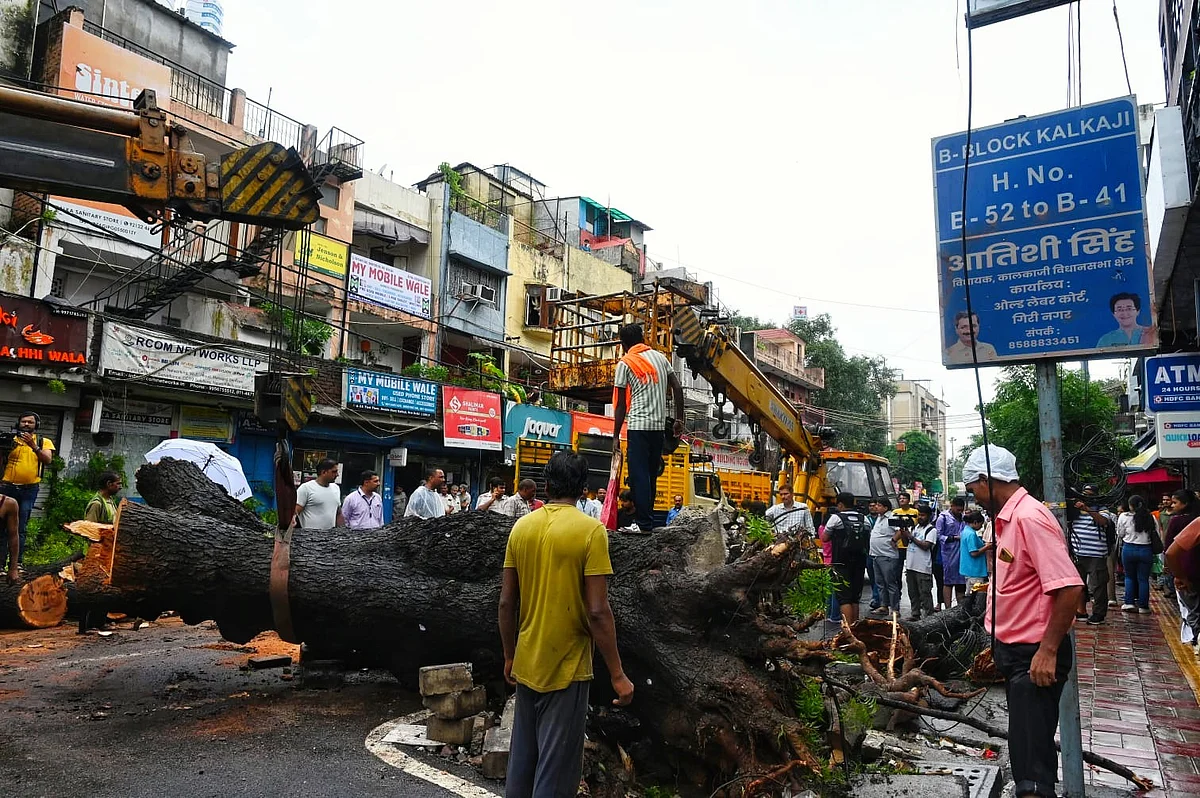
That collapse was made tragically clear on Wednesday, when a 50-year-old man died and his daughter was critically injured in a rain-related incident. Aam Aadmi Party leader and former Delhi chief minister Atishi pointed out the fatality was just one of many. “The toll from rain-related incidents has now risen to 20,” she said, demanding the resignation of Delhi PWD minister Parvesh Verma over the government’s failure to prepare for the monsoon.
“This is not the first such death. Who is responsible for this?” Atishi asked, accusing the BJP government of leaving the city unprepared for waterlogging, tree collapses, and stranded vehicles in flooded underpasses. “Parvesh Verma must take responsibility and resign. If he is not resigning, chief minister Rekha Gupta should remove him from the post.”
She went further, calling the monsoon disaster “a failure of BJP’s four engines”, pointing out that despite holding all the levers of power, the administration had been unable — or unwilling — to protect citizens from entirely predictable seasonal hazards.
The juxtaposition has not gone unnoticed: even as the death toll from rain-related incidents mounts and the city struggles with waterlogged roads, collapsing trees, and dangerous underpasses, senior municipal leaders are prioritising calls to shutter meat shops and cover carcasses to prevent offending religious sensibilities.
Critics say this focus is emblematic of the government’s misplaced priorities — policing what people eat, rather than ensuring they survive the next downpour.
The mayor’s statement cannot be divorced from the recent uproar over the 15 August “meat-free day” directive. Ahead of Independence Day celebrations, several civic bodies in India — including the MCD — ordered the closure of meat shops, citing “national pride” and “public sentiment”.
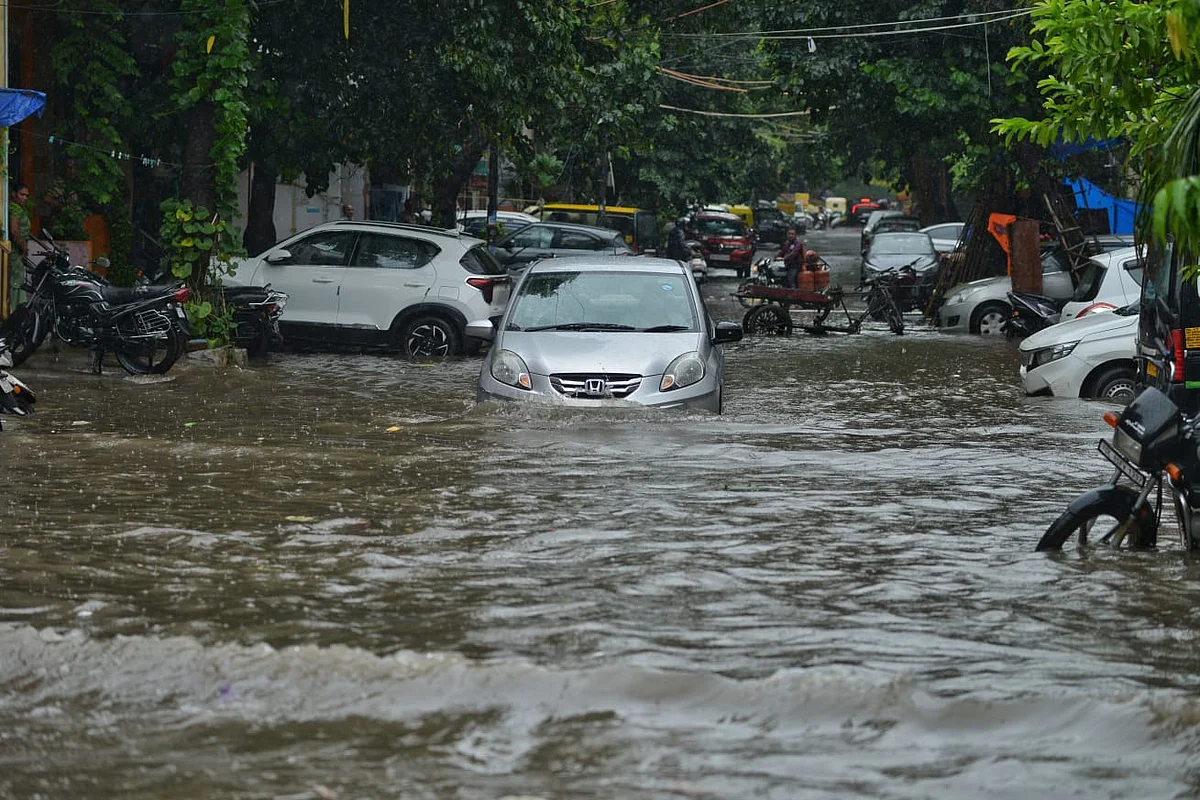
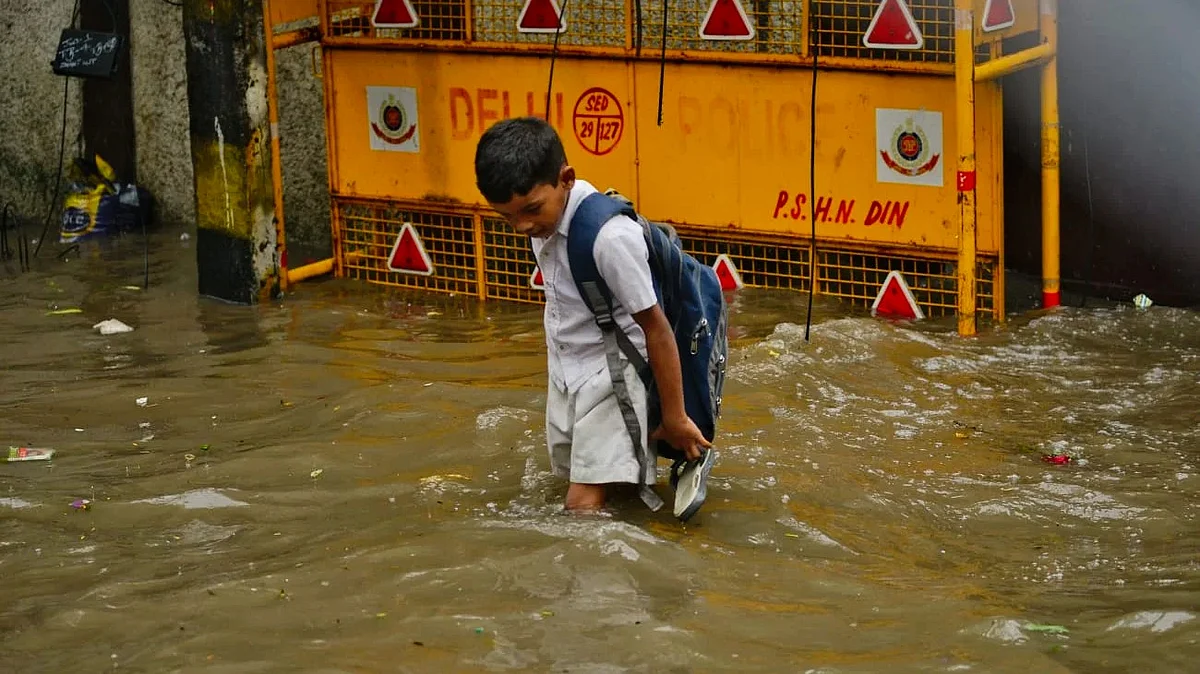
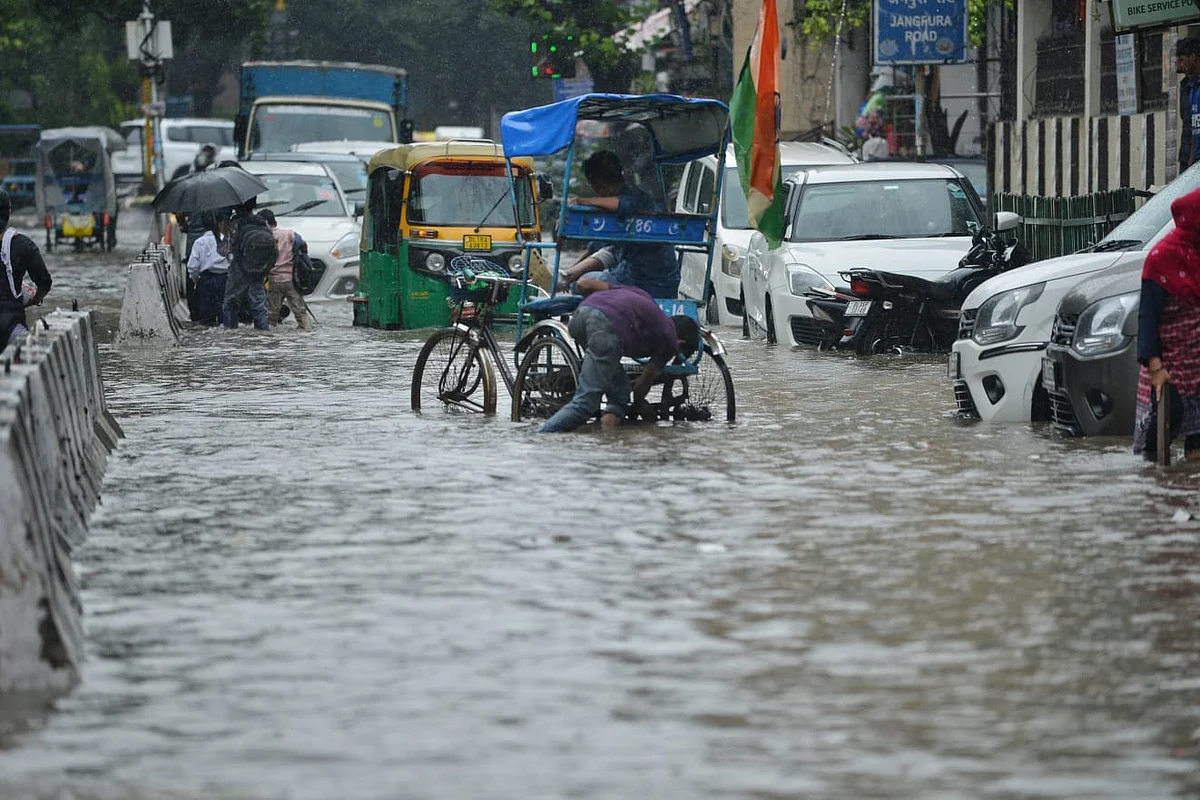
The move drew sharp criticism from restaurateurs, meat vendors, and civil liberties advocates, who argued that such blanket orders infringe on personal choice, violate constitutional rights, and cater selectively to religious or moral agendas. Critics also pointed out the selective nature of these bans — applied disproportionately on festivals tied to vegetarian communities, while festivals linked to meat consumption face no such official restrictions.
Food rights activists note that these recurring closures, whether framed as “appeals” or enforced through administrative orders, create a chilling effect for meat vendors, many of whom are from economically marginalised communities. “When the government ‘requests’ something with the threat of strict action behind it, it’s not really a request anymore,” one Delhi meat traders’ association member said after the Independence Day controversy.
Singh’s latest announcement has already begun stirring online backlash, with some accusing the MCD of overstepping its authority and engaging in moral policing. Others question why a city administration struggling with chronic waste management, flooding, and infrastructure issues is dedicating resources to monitoring the smell of goat meat.
Still, supporters of the mayor’s move argue that it is a small ask in the interest of social harmony and religious respect. “It’s just for a few days, why can’t people cooperate?” one supporter said.
For now, meat vendors in Delhi will again be forced into the uneasy position of weighing business losses against the risk of “hurting sentiments” — sentiments that, in the capital’s increasingly polarised political climate, are starting to look less like fragile feelings and more like a tool for controlling public life, one food ban at a time.
With PTI inputs
Follow us on: Facebook, Twitter, Google News, Instagram
Join our official telegram channel (@nationalherald) and stay updated with the latest headlines
